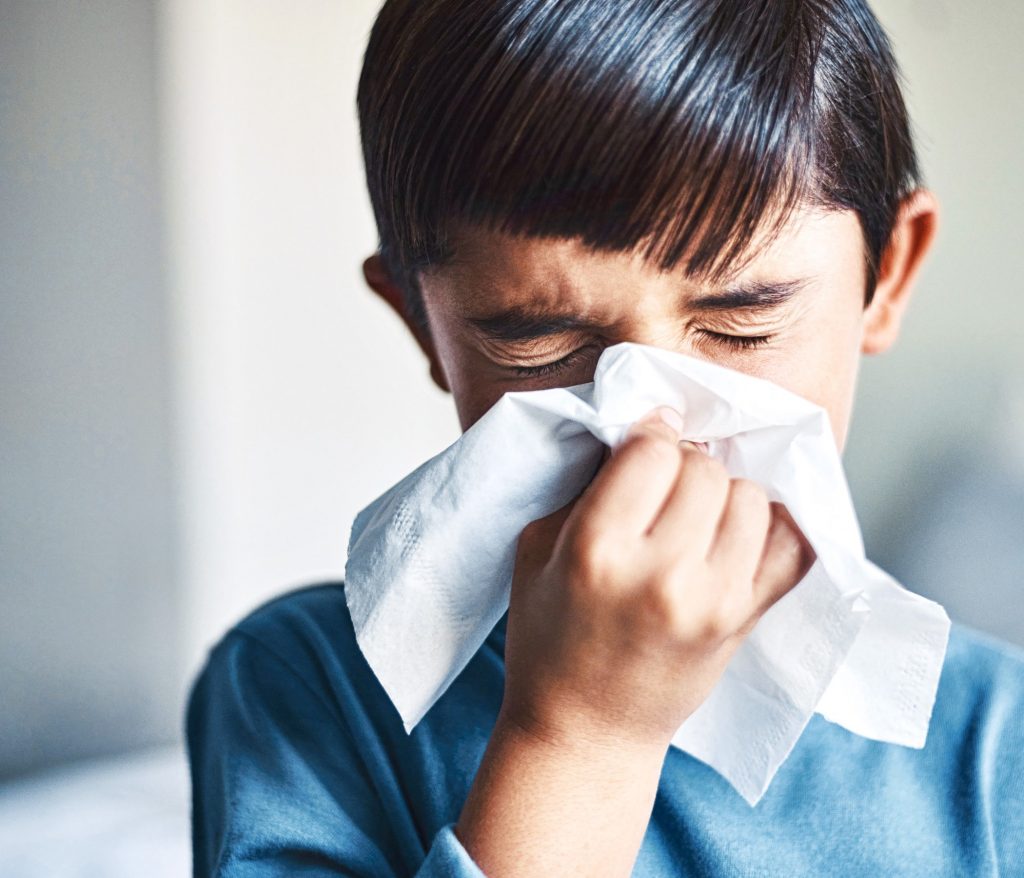There are many different types of allergic reactions. Depending on the allergen, your body may respond with inflammation of the skin, airways, or digestive system. For example, insect stings can sometimes cause allergy cough symptoms.
The severity of a reaction may range from a mild reaction to anaphylaxis, a serious and possibly life-threatening emergency.
Common Insect Sting Reactions Can Include:
- Edema, an enlarged area of swelling around the sting site
- Itching and hives
- Coughing, chest tightness, wheezing, or shortness of breath
- Anaphylaxis
Medication Allergy Symptoms Can Include:
- Facial swelling
- Hives
- Itchy skin
- Rash
- Wheezing
- Anaphylaxis
In General, Signs Of Food Allergies Can Include:
- Hives
- Swelling of the lips, tongue, throat, and face
- Tingling in the mouth
- Anaphylaxis
- Nausea
What Are The Symptoms Of Seasonal Allergies?
To determine whether you have seasonal allergies versus what may be just a common cold, your MD Now provider will consider the time of year, along with your current and past medical history. Seasonal allergies typically occur during the fall, spring, and summer, when mold spores and pollen counts are at their highest.
Similar to a Cold Or Flu, Symptoms Can Include:
- A runny or stuffy nose
- Itchy throat, sinuses, or ear canals
- Postnasal drip
- Sneezing
- Watery or itchy eyes
- Ear fullness
How Do You Detect Allergy Symptoms in Kids?
Allergy symptoms in kids include sneezing, sniffling, runny noses, and watery eyes. However, these can also indicate other concerns. What are the symptoms of seasonal allergies in kids? If your child gets the same cold-like symptoms at the same time every year, he or she may be suffering from seasonal allergies. Your MD Now provider can make a proper asthma, allergy, or respiratory diagnosis, and recommend appropriate treatment to control symptoms.
Other allergies in kids, such as those involving foods, medicine, or insect stings, may require skin or blood testing for a proper diagnosis. If necessary, your MD Now provider will refer you to the appropriate allergy specialist.

